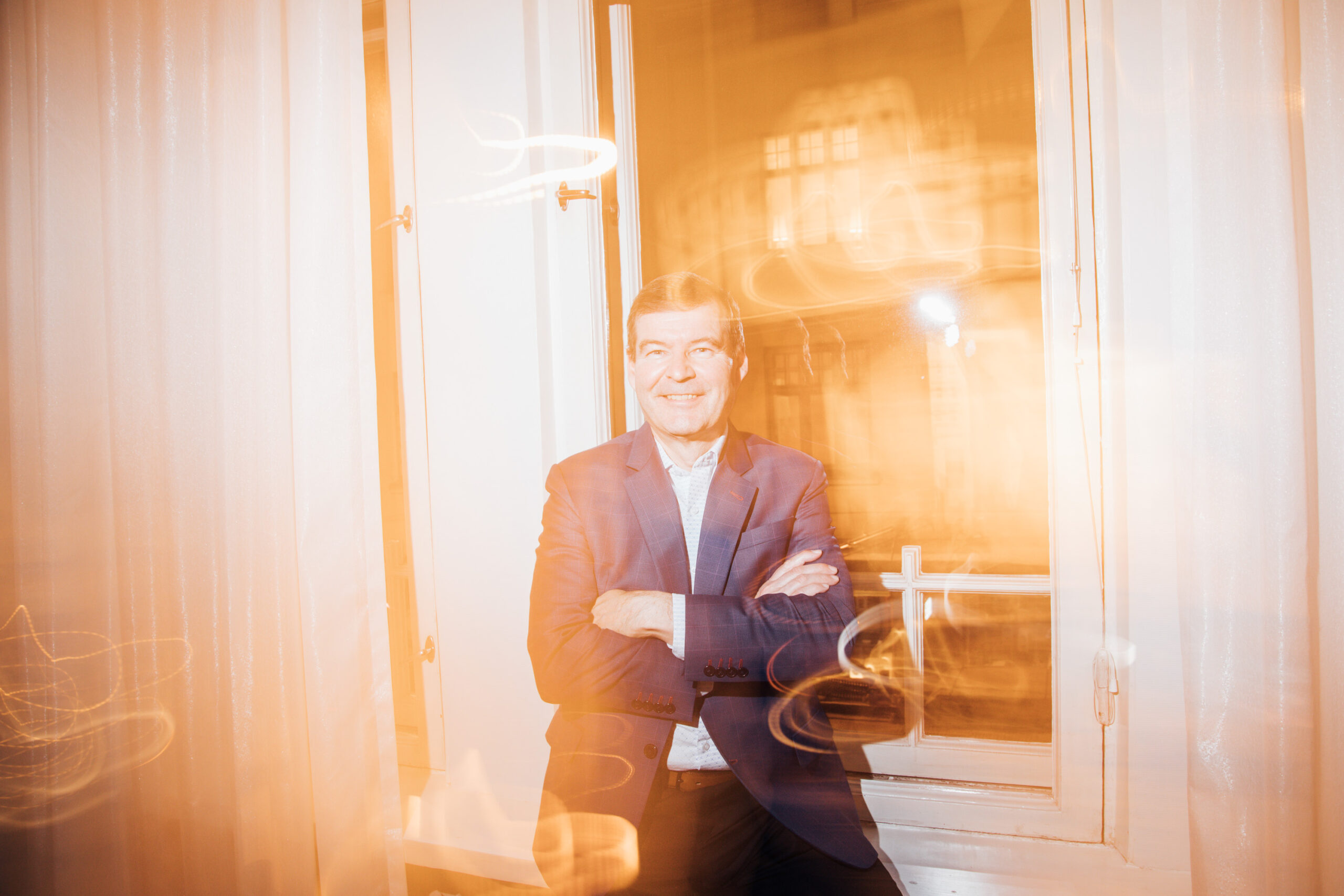Jari Niemelä, Rector of the University of Helsinki, has been involved in the Nessling Foundation for nearly two decades. He believes that foundations must be active in ensuring that research results are taken into consideration in decision-making processes.
The article has been first published in November 2018. Our article series introduces the members of the governing board of the Maj and Tor Nessling Foundation.
Jari Niemelä, you were involved in the activities of the Nessling Foundation even before joining the governing board. In what types of activities did you participate?
“Before joining the governing board in 2007, I spent six years in the foundation’s expert committee, the final three of which as its Chair.
The names of the expert committee members are not published during their term of office as they are in charge of reviewing the grant applications received by the foundation. Based on the committee’s proposals, the board decides which research projects and other ventures the foundation will support.”
What drew you to the Nessling Foundation?
“My background is in ecology and I’m particularly interested in sustainable development and solving environmental issues. The Nessling Foundation not only specialises in these exact topics but also is able to advance their research in Finland.
Our grants also produce new research funding; researchers who have started their careers under Nessling grants have later found funding elsewhere.”
Have there been any changes in the operations of the Nessling Foundation during your time?
“Our focus has shifted more heavily towards projects emphasising research communication and societal impact. A solution-oriented approach has become one of our key criteria for selecting grant recipients. These days, the foundation also communicates its activities more openly.”
You are the Rector of the University of Helsinki. Are you still able to represent the entire scientific community of Finland in the governing board?
“Due to my background, I am expressly in charge of research-related matters in the board. I believe I’m able to consider the perspective of the entire research sector. Formally, this is ensured by me recusing myself when we are processing grant applications from the University of Helsinki.”
People often talk about the role of foundations as sponsors of science. Some of the most frequently mentioned topics include the livelihood issues of grant researchers and their weak position in universities. Should the systems of scientific funding be amended?
“I have no doubt that foundations will continue their role as significant sponsors of science in Finland. That is why I hope for cooperation between investors to gather research funding into larger units. Foundations in the same industry or field could agree on the themes together and fund large entities.
Moreover, foundations could work in closer cooperation with universities and research institutes. These parties should work together to find means of making the career paths of researchers more predictable. Too often, the careers of talented and promising new researchers are brought to a halt by a lack of funding after their doctorate.”
How could the career paths of researchers be made easier?
The suggestions we’ve seen include an arrangement where half of a researcher’s funding would come from foundations and half from the university. However, this would require additional funding to universities.
Of course, the universities wish that foundations could pay the researchers’ full salary. In that case, the number of researchers funded by foundations would be cut in half as hiring a researcher is, roughly speaking, twice as expensive as awarding a grant.
In any case, the current division where some researchers receive a steady funding from universities while others struggle on nothing but grants should be eliminated.”
Recently, environmental issues and climate change, in particular, have gained a great deal of attention in the media. How does the Nessling Foundation plan to develop its operations?
“We must be more active on social media as it allows us to reach a large audience. However, this alone is insufficient; we must also deliver information directly to politicians and officials.
We must organise more events, such as seminars and workshops, and invite both researchers and decision-makers. The Forum for Environmental Information, sponsored by the Nessling Foundation and the Kone Foundation, and the Nessling Foundation’s communal working and networking hub Nessling Nest already create opportunities for these encounters.”
Get to know the other board members
Niina Bergring
Simo Honkanen
Timo Kairesalo
Johanna Kentala-Lehtonen
Tellervo Kylä-Harakka-Ruonala
Pertti Lassila
Jari Niemelä
Niko Soininen
Ilari E. Sääksjärvi
Tuula Varis

